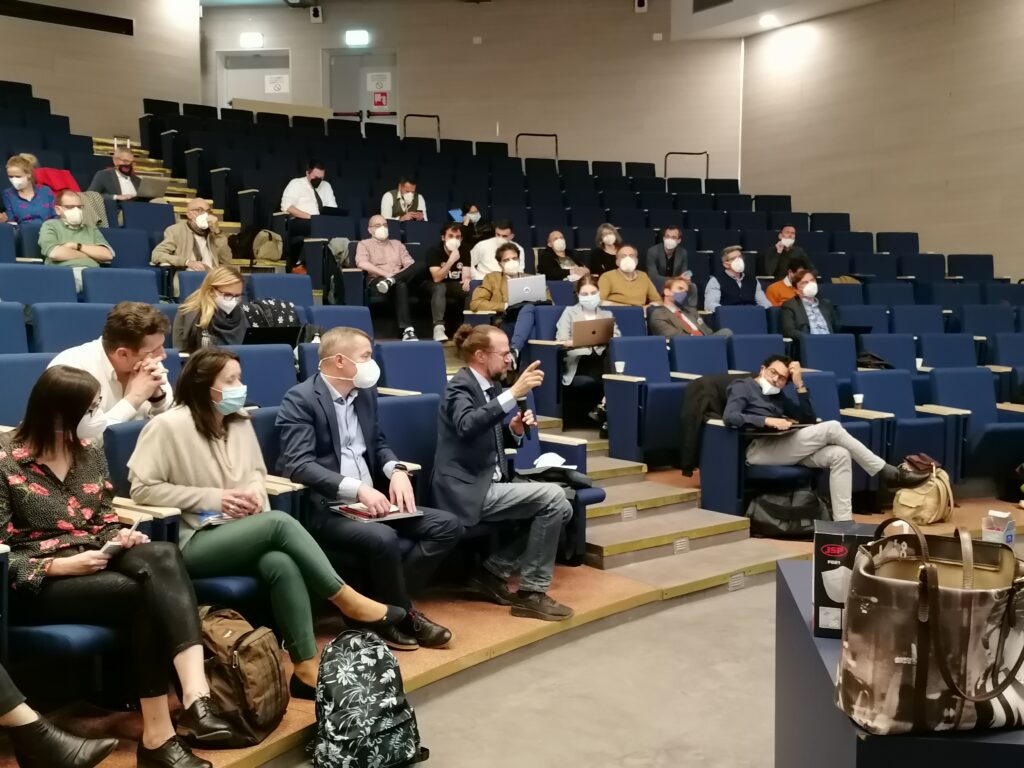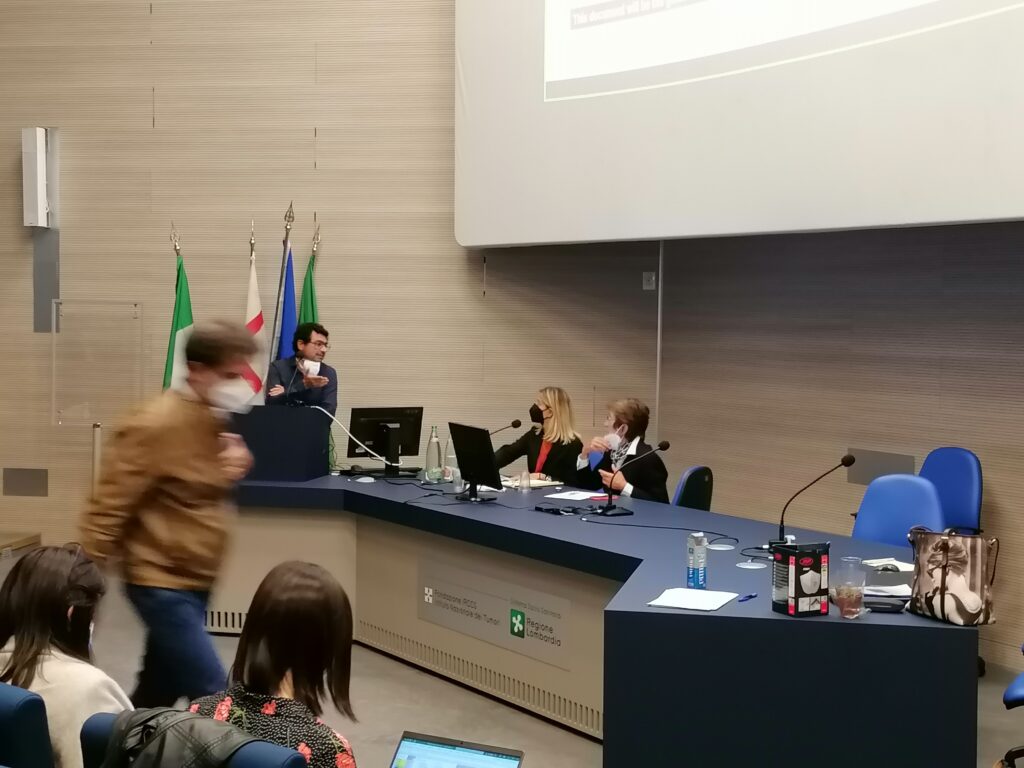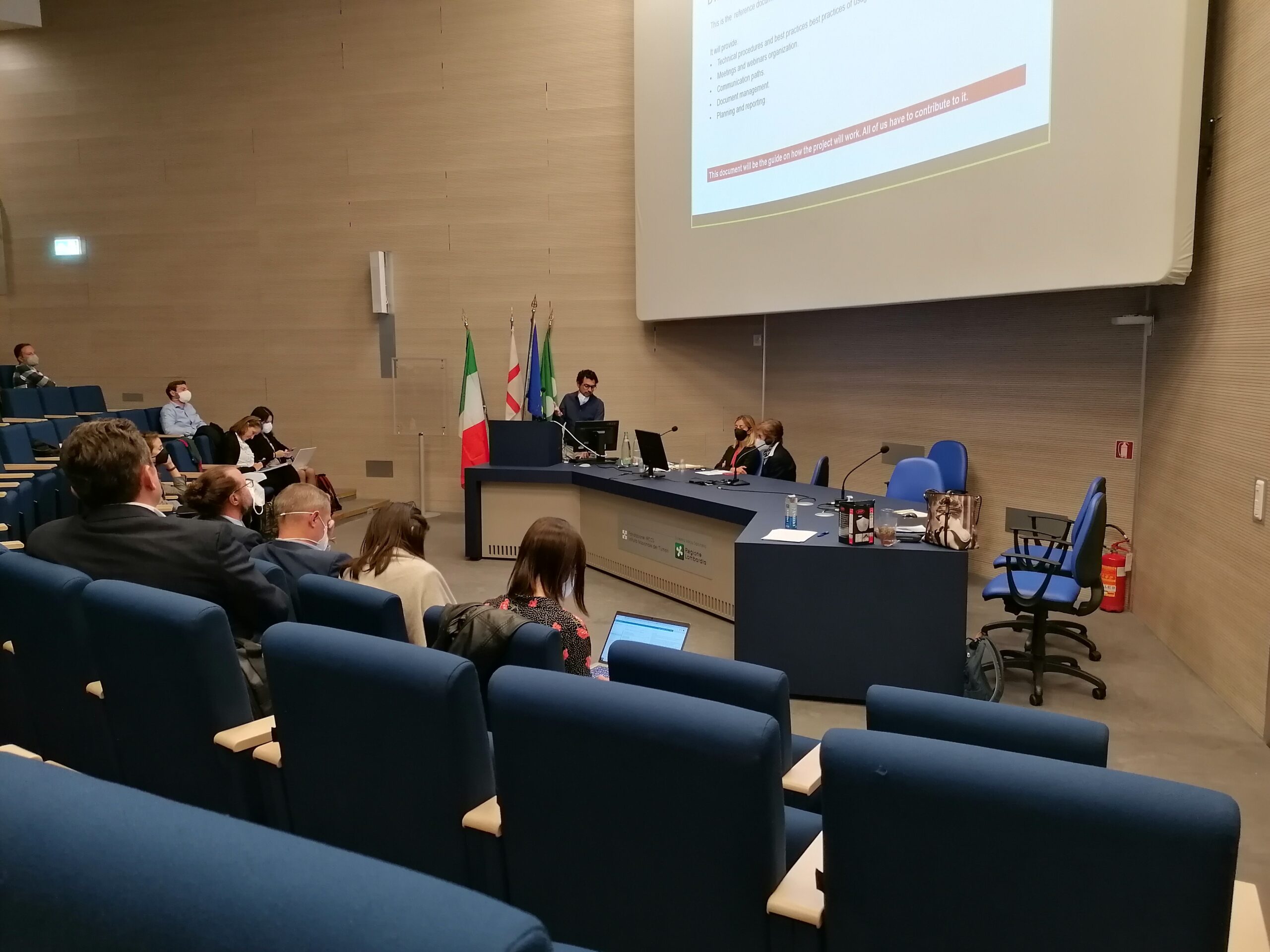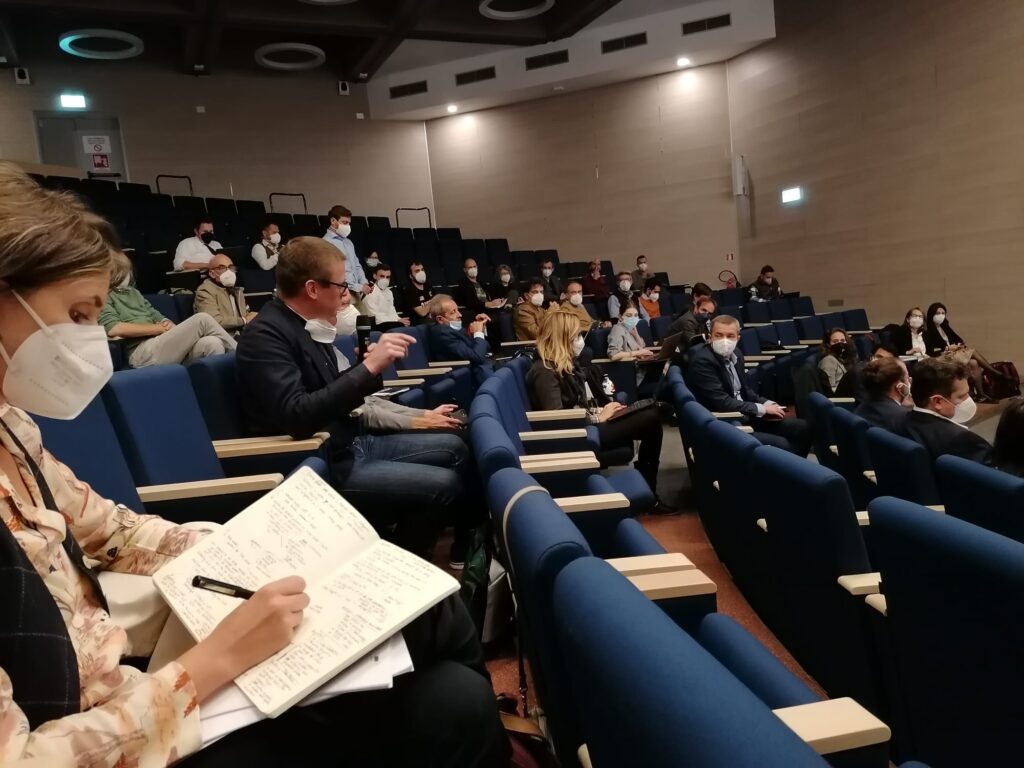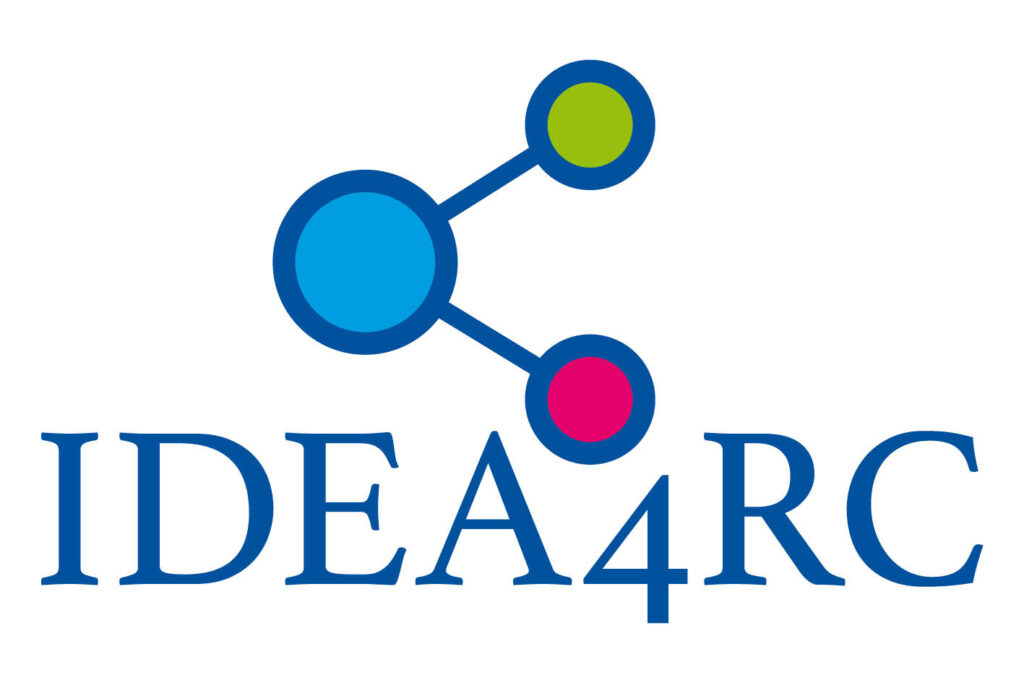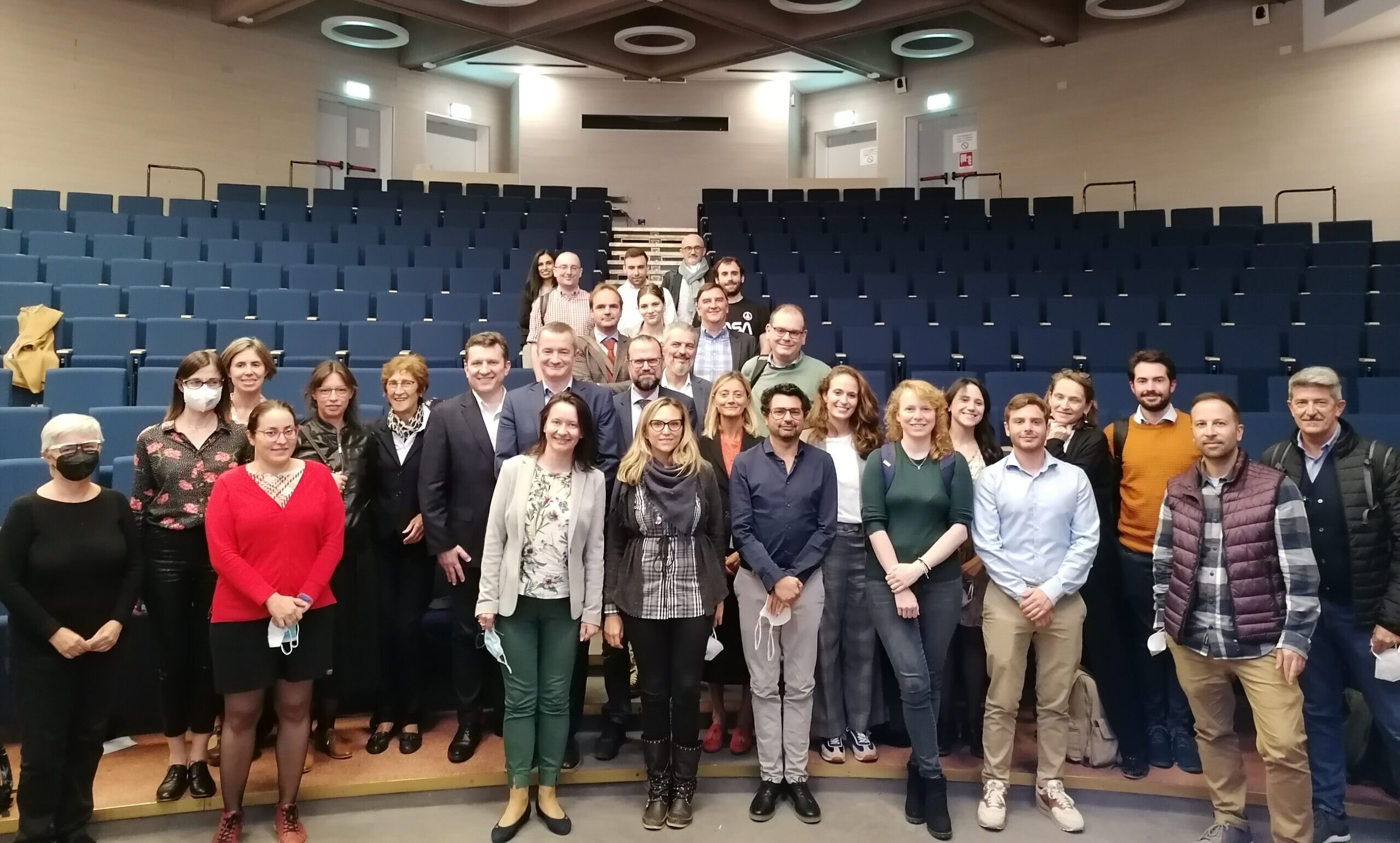On 28 September IDEA4RC officially started with a meeting held at the Istituto Nazionale dei Tumori in Milan.
Participants received a warm welcome by the scientific director Giovanni Apolone, who stated the importance of the project for its contribution to the efforts the European Commission is devoting to promote cancer research, in particular through the Europe Beating Cancer Plan. “I hope that all the projects funded by Horizon Europe on this topic will be sharing their results during their entire life and not just at the end”, Apolone commented, “this is crucial to better exploit the knowledge that each project will produce and maximize their impacts on European citizens’ health.”
Then the project coordinator Annalisa Trama gave a general introduction about IDEA4RC motivations and plan. “Our objective is to create value from data”, Trama stated, “IDEA4RC will involve researchers, clinicians, patients, healthcare providers to understand what values are important to them and how data can help to realize them.” Trama stressed the role of the EURACAN centers involved in the project: “They are the ideal environment to test and refine our ideas.”
The project will focus on two domains among the ten represented in EURACAN, head and neck cancers and sarcomas. After exposing the general timeline and structure of the project, Trama concluded by saying that “this ecosystem will not stop at the end of the project. By then, we hope to have in place a clear plan for its enlargement to other centers.”
A general overview of the ecosystem’s architecture was given by Eugenio Gaeta (UPM). Paolo Zampognaro (ENG) discussed the virtual assistant’s scope and functionalities, while Gijs Gelejnse (IKNL) talked about the federate learning approach. Aitor Almeida (DEUSTO) presented the plan for the definition of the data model and describe the first steps to be taken for the development of Natural Language Processing algorithms capable of extracting information from unstructured data, such as the health reports.
Susan van Hees (UU) introduced the responsible research and innovation approach and how this will be implemented to define the IDEA4RC ecosystem. She and her team plan to involve a wide range of stakeholders, both on the demand and supply side of rare cancers data, through interviews, workshops and focus groups. The first co-creation workshops will involve the 11 clinical centers of the consortium.
